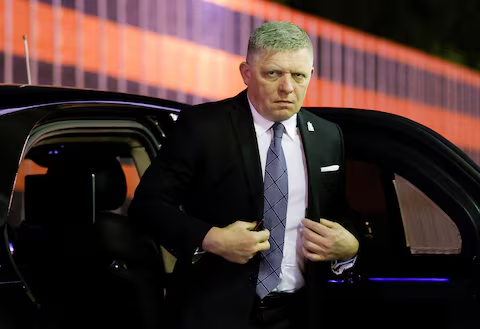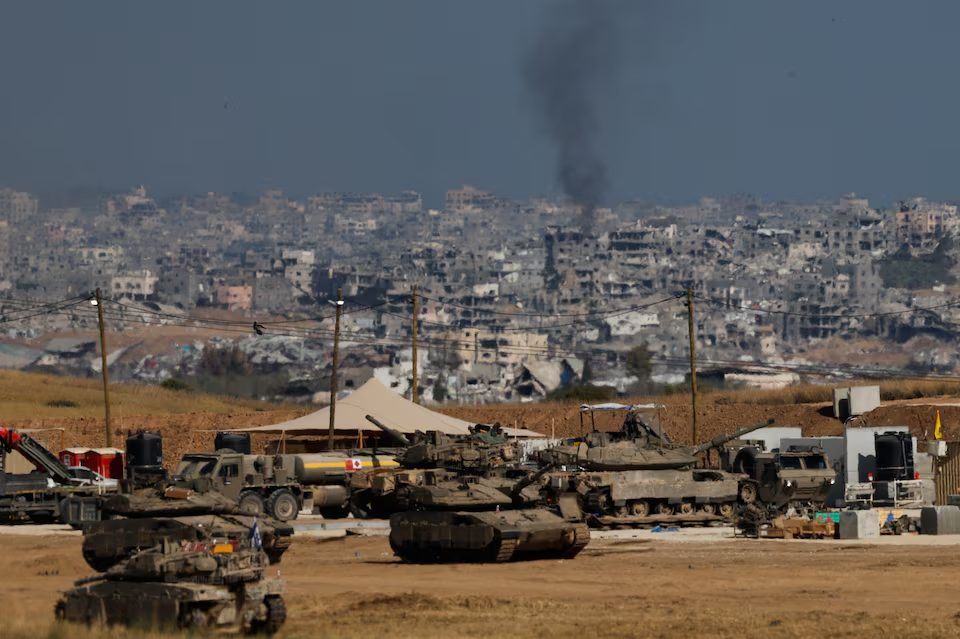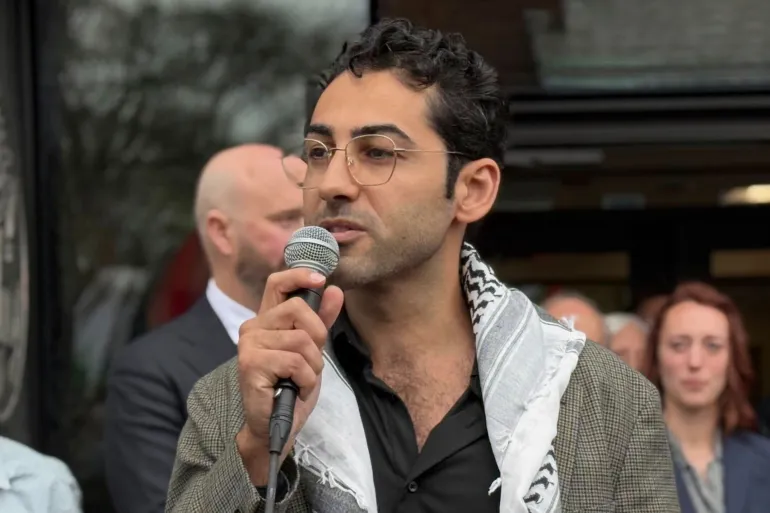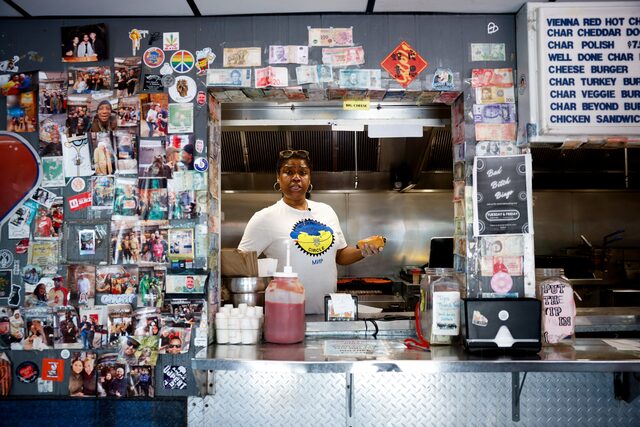On May 9, 2025, Slovak Prime Minister Robert Fico attended World War II Victory Day commemorations in Moscow, defying European Union (EU) efforts to dissuade him. Fico criticized EU attempts to obstruct his participation, labeling the logistical challenges as “childish jokes.” He emphasized the importance of maintaining pragmatic relations with Russia, stating his opposition to the creation of a new “iron curtain.”
Fico’s journey to Moscow was complicated by airspace restrictions imposed by several EU member states, including Lithuania, Latvia, and Estonia. These countries closed their airspace to flights carrying Fico and Serbian President Aleksandar Vučić, citing safety concerns due to GPS disturbances in the region. As a result, Fico had to take a circuitous route to reach Moscow.
During his visit, Fico met with Russian President Vladimir Putin after the Red Square parade marking the 80th anniversary of the victory over Nazi Germany. He expressed his desire for Slovakia to have pragmatic relations with Russia and opposed the creation of any new “iron curtain.” Putin appreciated Fico’s decision to attend despite the logistical obstacles, stating, “But you are nonetheless here.”
Fico’s attendance at the Moscow ceremonies drew criticism from EU leaders. EU foreign policy chief Kaja Kallas and Polish Prime Minister Donald Tusk condemned his participation, with Tusk stating that attending the victory parade and “applauding President Putin…brings shame to everyone who is there.” In response, Fico defended his presence as a tribute to Soviet Red Army soldiers who liberated Slovakia during World War II. He argued that it was normal to hold a dialogue with other leaders and that Kallas had no right to criticize him.
Fico also pledged to veto EU proposals to phase out Russian energy, describing the plan as “economic suicide.” However, he acknowledged that a qualified majority vote could override Slovakia’s opposition. Slovakia, which still relies on Russian gas and oil, has opposed proposed measures to eliminate Russian energy imports, fearing economic harm if forced to cancel its long-term contract with Gazprom.
Domestically, Fico’s pro-Russian stance has sparked widespread protests across Slovakia. Tens of thousands of people have taken to the streets in recent months, demanding his resignation and expressing opposition to his foreign policy orientation. Protesters have chanted slogans such as “Slovakia is Europe” and “We are not a Russian rag,” emphasizing their desire for the country to remain aligned with the EU and NATO.
Fico’s visit to Moscow and his continued engagement with Russia highlight the divisions within the EU regarding relations with Moscow. While most EU leaders have distanced themselves from Russia following its invasion of Ukraine in 2022, Fico’s actions demonstrate a willingness to maintain ties with the Kremlin. His stance has drawn criticism from both domestic and international actors, raising concerns about Slovakia’s commitment to EU unity and its role within the alliance.
As the situation evolves, it remains to be seen how Fico’s policies will impact Slovakia’s position within the EU and its relationships with other member states. The ongoing protests and diplomatic tensions underscore the challenges facing the Slovak government as it navigates its foreign policy amid a complex geopolitical landscape.
Source: Reuters



